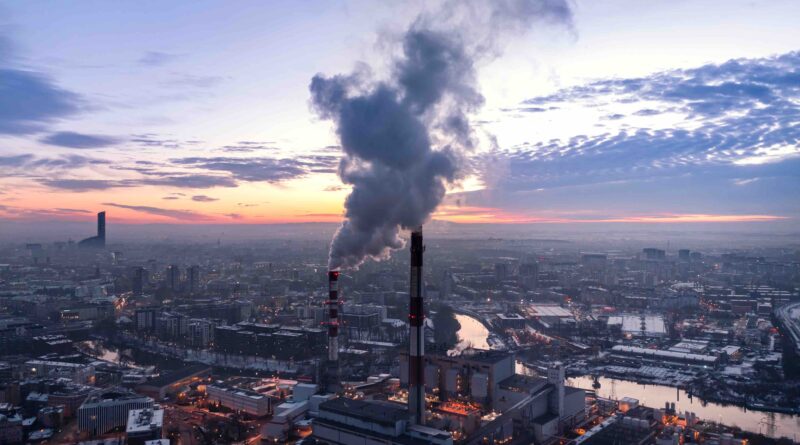U.S. Chamber of Commerce Releases Report On PM2.5 National Ambient Air Quality Standard
In November, the U.S. Chamber of Commerce (Chamber) issued a report, EPA’s Proposed Air Quality Standards Will Cause Permitting Gridlock Across Our Economy (Report). Putting forth a belief, the Report states that the U.S. Environmental Protection Agency (EPA) proposed fine particulate matter (PM2.5) National Ambient Air Quality Standard (“NAAQS”) will cause permitting gridlock across our economy.
According to JD Supra, sections 108 and 109 of the Clean Air Act require EPA to identify air pollutants utilizing certain criteria and set NAAQS for each. Particulates are one of the six air pollutants currently designated as criteria air pollutants and subject to NAAQS. Section 109 requires that EPA promulgate primary NAAQS for the pollutants identified under Section 108.
Section 109(b)(1) defines a primary standard as one “the attainment and maintenance of which, in the judgment of the Administrator, based on the criteria and allowing an adequate margin of safety, are requisite to protect the public health.” The margin of safety requirement addresses the uncertainties associated with the inconclusive scientific and technical information available, as well as to provide a reasonable degree of protection against the adverse effects that may not have been discovered.
Section 109(d)(1) of the Clean Air Act mandates a periodic review of each NAAQS. Depending on the results of the review, EPA must determine whether the existing air quality criteria and NAAQS must be revised. EPA’s review of the PM2.5 is an example of this review process.



